Writing for The New York Times, Amir-Hussein Radjy looks back at the incredible life and career of poet Forough Farrokhzad.
Since 1851, obituaries in The New York Times have been dominated by white men. With Overlooked, we’re adding the stories of remarkable people whose deaths went unreported in The Times.
When a radio interviewer suggested to the Iranian poet Forough Farrokhzad that her verses could be characterized as “feminine,” she rejected the notion.
“What is important is humanity, not being a man or a woman,” she said. “If a poem can get to that point, it is no longer connected with its creator but with a world of poetry.”
Farrokhzad was one of Iran’s pre-eminent mid-20th-century writers, both reviled and revered for her poems, which often dealt with female desire. Throughout her life she struggled with how her gender affected the reception of her work in a culture where women were often confined to traditional roles, but where there are few higher callings than the life of a poet.
In the afterword to “Captive” (1955), her first poetry collection, Farrokhzad wrote, “Perhaps because no woman before me took steps toward breaking the shackles binding women’s hands and feet, and because I am the first to do so, they have made such a controversy out of me.”
Her death in 1967 at 32, in a car crash, was regarded as a national tragedy, making the front pages of Tehran’s newspapers.
Iran’s leading literary journal, Sokhan, wrote after her funeral, “Forough is perhaps the first female writer in Persian literature to express the emotions and romantic feelings of the feminine gender in her verse with distinctive frankness and elegance, for which reason she has inaugurated a new chapter in Persian poetry.”
Read the full article from The New York Times






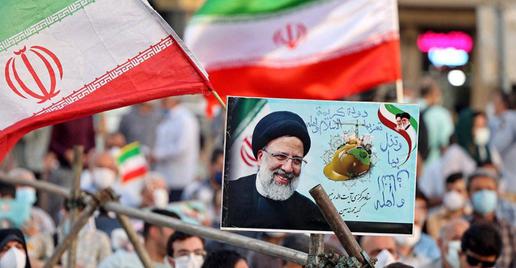
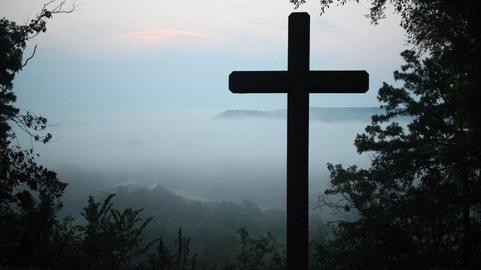

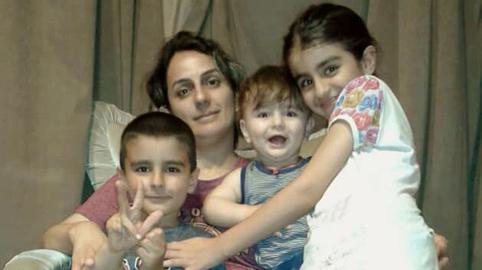

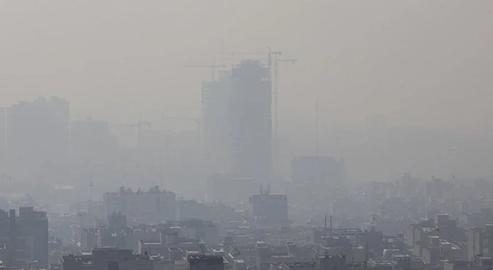
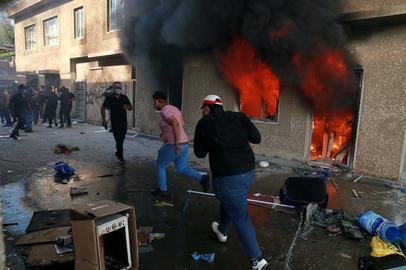

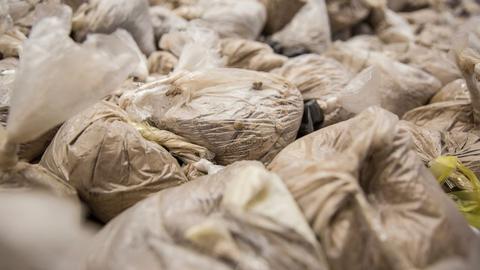
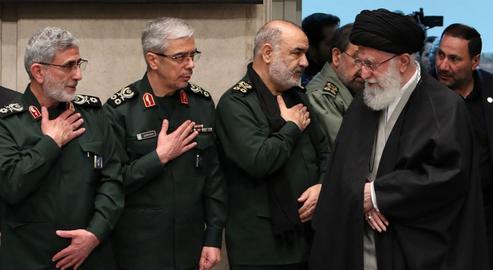
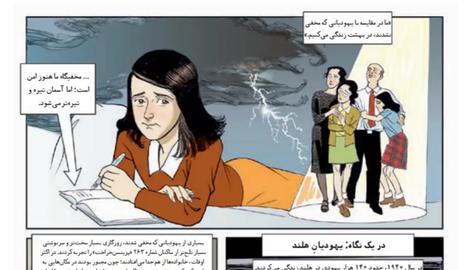



comments